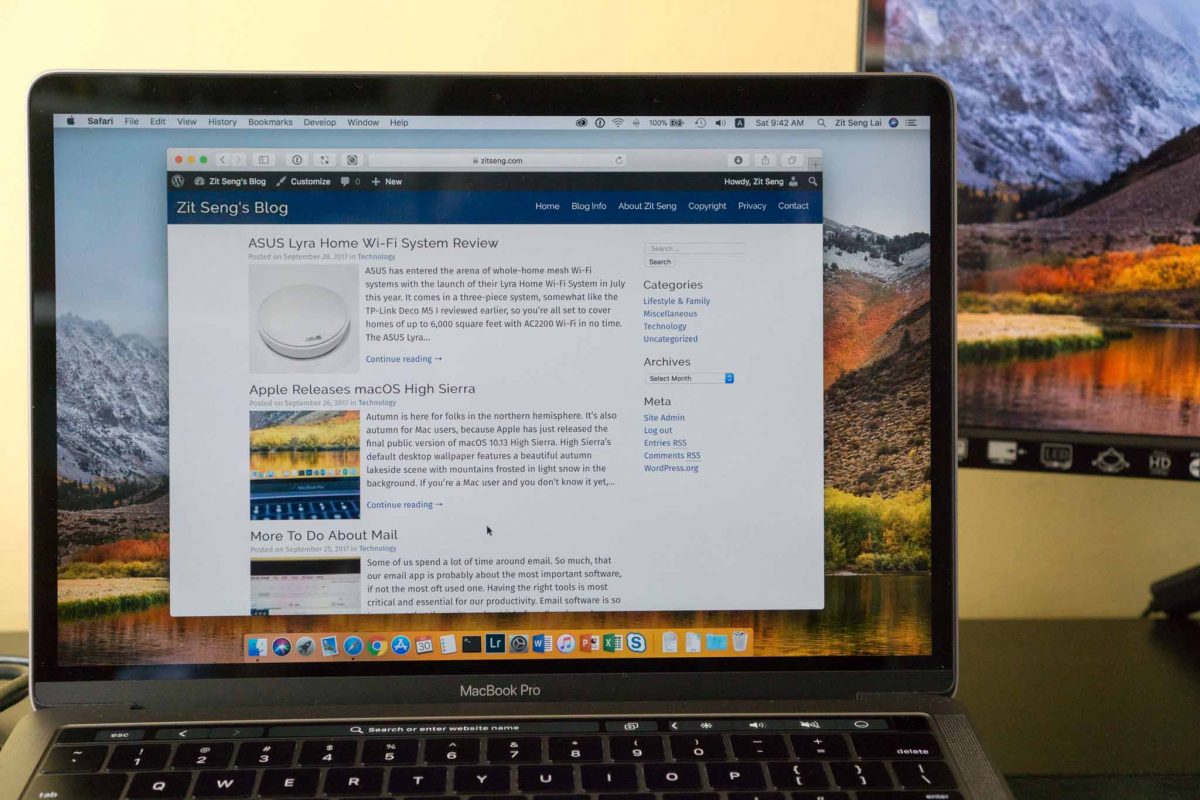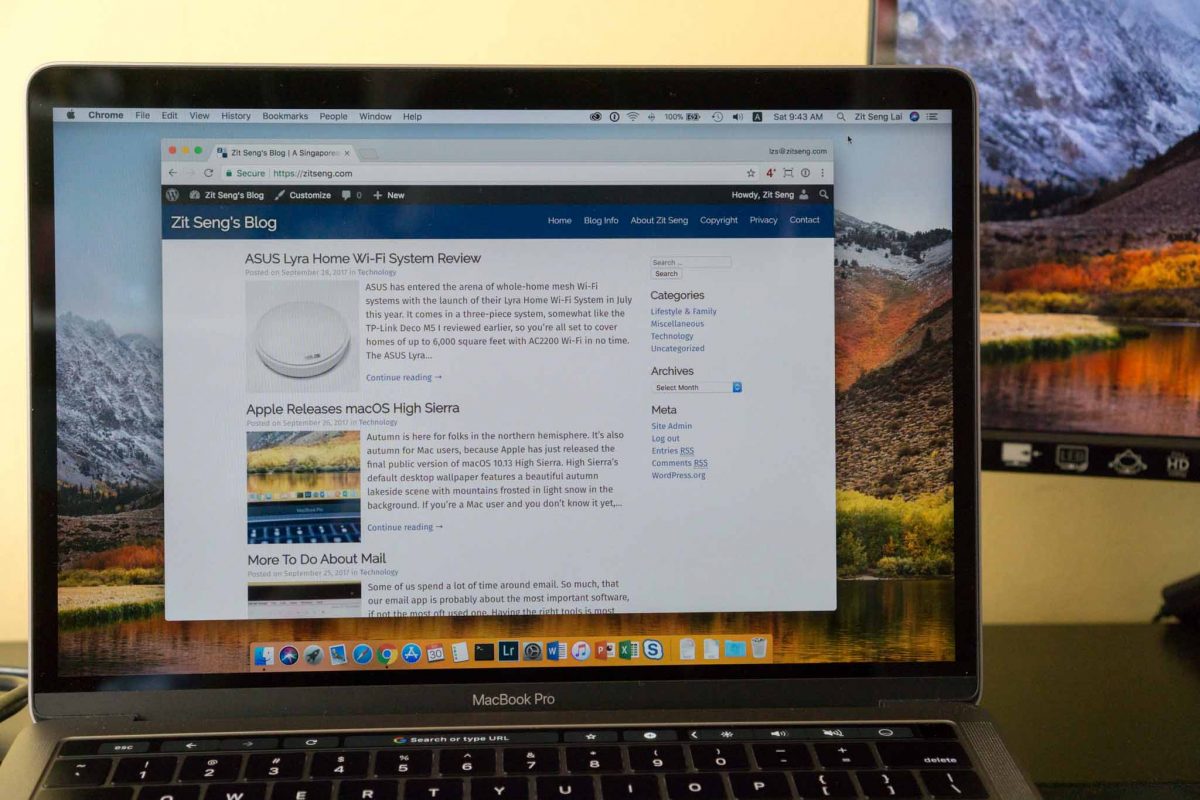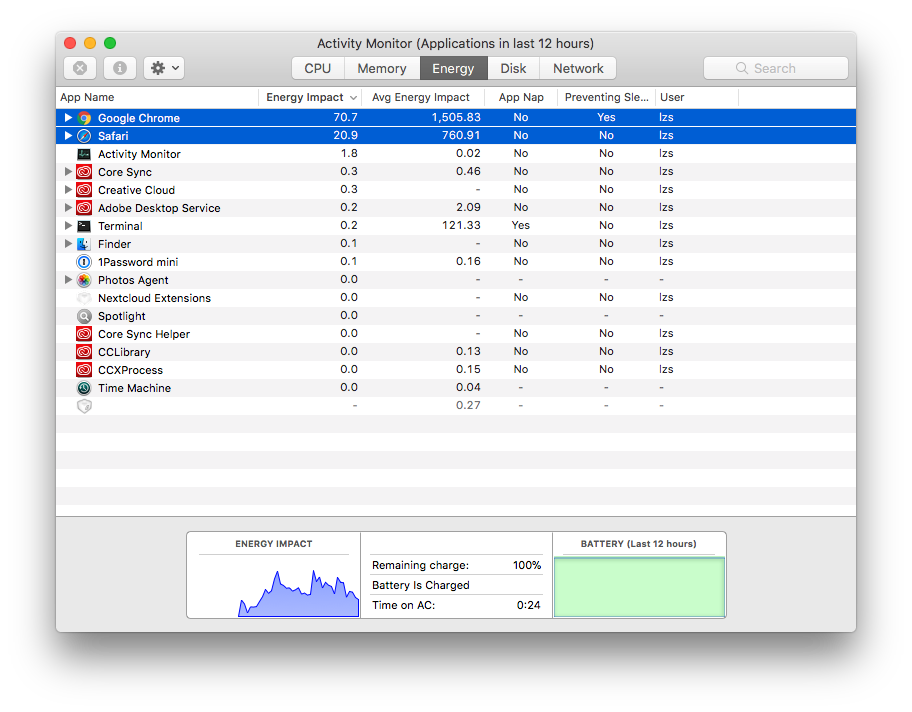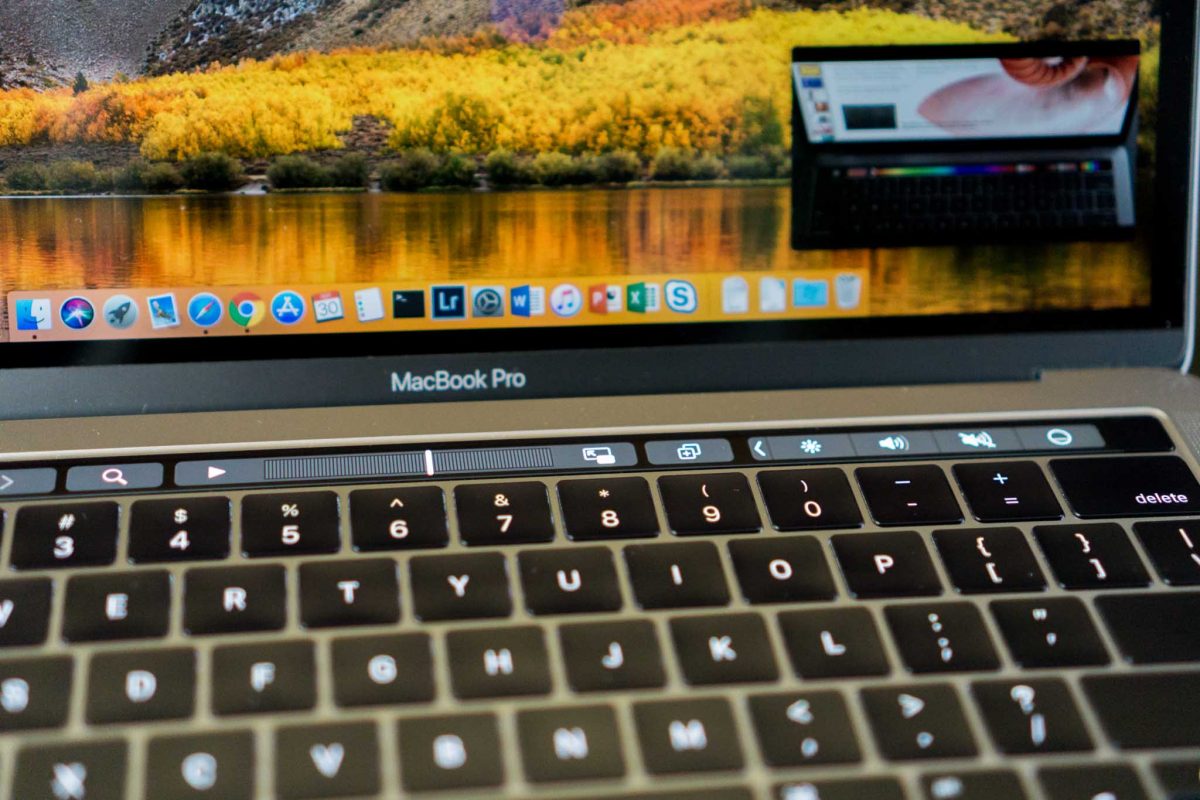When it comes to web browsers for Mac users, there are two main choices: Apple’s Safari or Google’s Chrome. While I’m a Mac fan, I’m heavily invested in the Google ecosystem, and hence it made sense for me to go with Chrome. I’ve done that for many years. But should I reconsider Safari?
I’ve been using the public betas of macOS 10.13 High Sierra before its official release earlier this week, and during that time, I’ve been trying out a couple of new or updated features in High Sierra. One of them was Apple Mail. Now, the last time I used Apple Mail was in 2013, before Mavericks. At that time, I decided to abandon Apple Mail in favour of other mail apps. However, I’ve come back to Apple Mail again in High Sierra. It’s now my preferred mail app again.
My return to Apple Mail prompted me to consider if Safari could become my primary web browser? Let’s put aside ecosystem for the time being.

Google Chrome has a bad reputation of hogging CPU and draining batteries in notebooks. With Chrome 57, Google claims to have made significant improvements to save on battery life. Unfortunately, I don’t see many comparisons since then. A comparison posted in April this year by Daring Fireball was based on a test last December, which presumably was not Chrome 57. So I set out to do my own tests.
For these tests, I use Safari version 11.0 (13604.1.38.1.6) and Chrome version 61.0.3163.100, both the most stable current version at the time of this post.
I am greatly surprised with my results.
Before I went about testing systematically, I could see through casual observation of the numbers churned out from Activity Monitor that Safari was pretty good. It’s Energy Impact is usually comparatively smaller, sometimes by a large margin, than Chrome.

I know, Chrome focuses on speed and Safari is about battery performance, implying Safari is slower. So here’s another surprise. I ran the browsers through Speed-Battle, a free online browser speed test. Chrome, always, lost to Safari. Over 10 tests on my late-2016 13-inch MacBook Pro with Touch Bar (2.9 GHz Intel Core i5 and 16 GB RAM), Safari averaged 1330.85 and Chrome averaged 1044.88. That’s a margin of some 27% ahead for Safari.
While I would be happy for Safari to keep up to my speed expectations, not necessarily to be the faster browser, it’s clear that Safari is not the slower one here.
My battery tests used Daring Fireball’s own AppleScripts which he provided. The scripts will launch Safari and Chrome, and get them to perform the exact same operations. I ran the browser tests separately, and each time, I will freshly boot my MacBook Pro. I run the scripts for 20 minutes, and here’s what Activity Monitor reports of the Average Energy Impact from the two browsers:
- Safari: 517.57
- Chrome: 1484.01
My MacBook Pro was connected to the mains power during this time. To see how much power, in real terms, was consumed during these tests, I used a USB-C power meter.
- Safari: 244 mAh
- Chrome: 275 mAh
The huge difference in the Activity Monitor figures are somewhat tempered by those from the real power consumption monitoring. Obviously, there are other overheads consuming power not directly attributed to the web browsers.
But regardless, the USB-C power meter shows clearly there is a real measurable difference in terms of power consumption between Safari and Chrome.
I also ran a test, with Daring Fireball’s AppleScripts, on both browsers simultaneously. After 20 minutes, here’s what Activity Monitor reports:

Whichever way I look, whether manual testing by hand, automatically via scripts, through casual observations, or otherwise, Safari is always less impactful on energy than Safari. If you want your Mac’s battery to last longer, you should abandon Chrome.
For all the above tests, Chrome was stripped down to minimum extensions, leaving only things like 1Password and Awesome Screenshot, which I have installed in both browsers. During my initial testing, I found some Chrome extensions to contribute significantly to Energy Impact, particularly the Hangouts extension, so I made sure these were removed from the above tests.
The problem with Hangouts extension will be the topic of another blog post. For now, I suggest to uninstall the Hangouts extension, and simply use Hangouts in a regular browser tab.
Not just energy, nor speed, but Chrome also loses out with Mac specific features support. While I know Chrome now has some rudimentary support for Apple’s Touch Bar, but Safari does it much better, such as offering the video scrub bar for YouTube videos. The Picture-in-Picture mode is also really cool. How many times have I wanted to watch an embedded video in the web page, and also simultaneously scroll down to read the rest of the page.

On the other hand, I like Chrome’s support for multiple profiles (People). Private browsing isn’t enough. I need multiple personalities.
Ultimately, the question of ecosystem needs to be brought back to the table. Safari surely works with Google, but will it be enough for the complete Google experience? For me, I’m in somewhat of a dilemma now. Could the Chrome developers catch up and give us a browser as good as Safari?
View Comment Policy